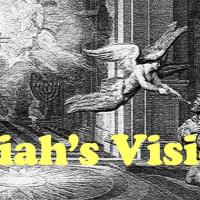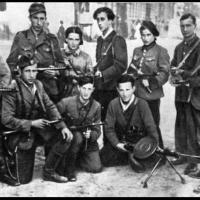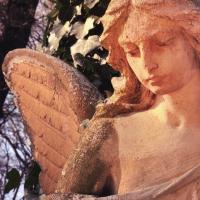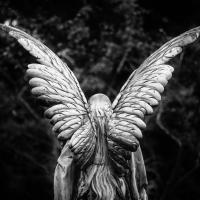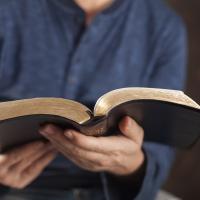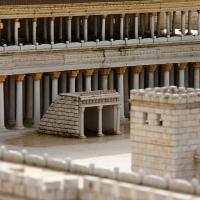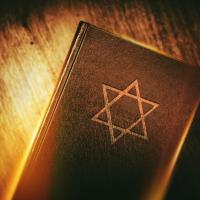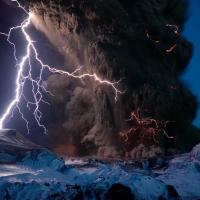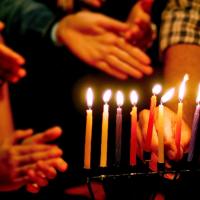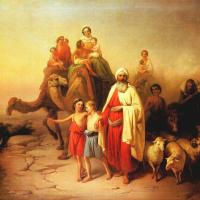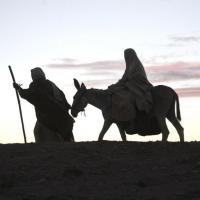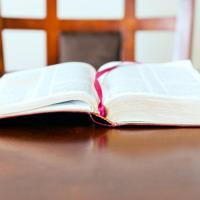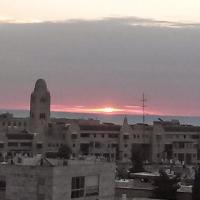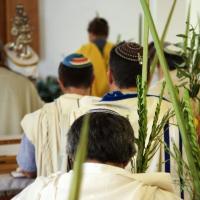Did God really want Isaiah to harden Israel's hearts, blind their eyes, and deafen their ears? This introduction to the book of Isaiah and study on Isaiah's vision in chapter 6 unlocks important ideas from the New Testament about the Jewish rejection of Yeshua's message. Join the Green Room class from February 2013 for the first lesson in the series "Isaiah in the New Testament." Download the original class handout as a PDF below.
Visit Our Messianic Synagogue
Beth Immanuel is a friendly and welcoming community. Click here to learn what to expect when you visit.
Join us as we enthrone the God of Israel with praise and uplift the name of Yeshua the Messiah!
Our Messianic Synagogue is located in historic Hudson, Wisconsin, just minutes away from St. Paul, Minnesota.
We always welcome visitors, but special events and holidays are wonderful times to visit.
Messianic Jewish Teaching
Download and listen to uplifting and insightful teachings presented by D. T. Lancaster and special guests.
Read and study teachings and Bible studies from a Messianic Jewish perspective on a variety of topics.
Grow and learn daily through interactive video lessons from a variety of teachers.

